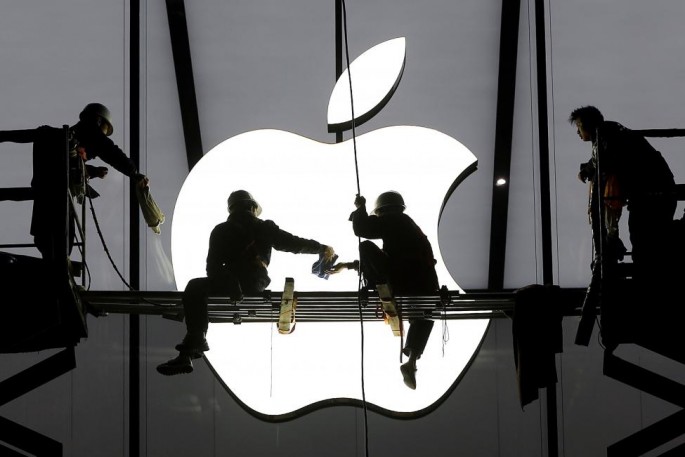After the U.S. Chamber of Commerce penned a jointly signed letter of concern to Beijing to protest the details of the cybersecurity reforms that were approved by President Xi Jinping's working group last year, a new development this week has set the media alight.
The basis of the news is the the Central Government Procurement Center's (CGPC) buying list, which governs the purchases made by China's governmental bodies: Beijing announced that some of the world's most prominent technology brands are no longer listed.
Instead, Beijing has replaced widely known brand names such as Apple Inc., Cisco Systems Inc. and IBM with a host of locally made products.
While executives in Silicon Valley might have been hoping for a Chinese government that treads more softly in the tech realm, a manager from a Western technology firm, who insisted on maintaining anonymity, confirmed with the Reuters news outlet: "There's no doubt that the SOE [state-owned enterprises] segment of the market has been favoring the local indigenous content."
The fingers of such businesspeople would have crossed after the data projections of research groups like IDC were published. According to the projections, China's information and communications technology market is slated to expand by 11.4 percent to become worth $465.6 billion over the forthcoming year.
For those close to the tech industry, the changes that are being made to the CGPC list form part of an overall strategy to bolster the prominence of Chinese tech firms in the sales pie.
Meanwhile, some analysts are putting the shift down to concerns about Western cyber-surveillance, while others perceive it as a protectionist move on behalf of China's domestic technology industry.
America's Cisco Systems is one of the major losers in the revision, as the 60 products that were on the list three years ago have been reduced to zero.
However, a statement from the company to China Daily this week indicates a willingness to negotiate with Beijing: "We have served our customers in China for 20 years and look forward to continuing to do so."



























